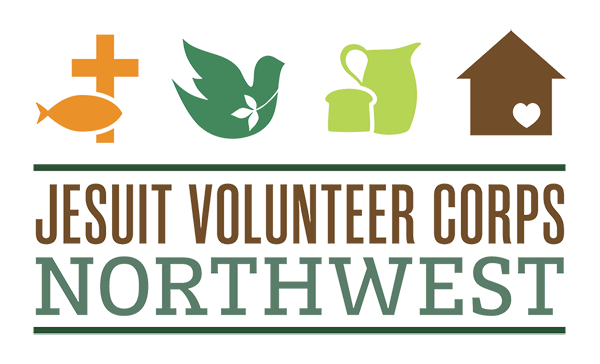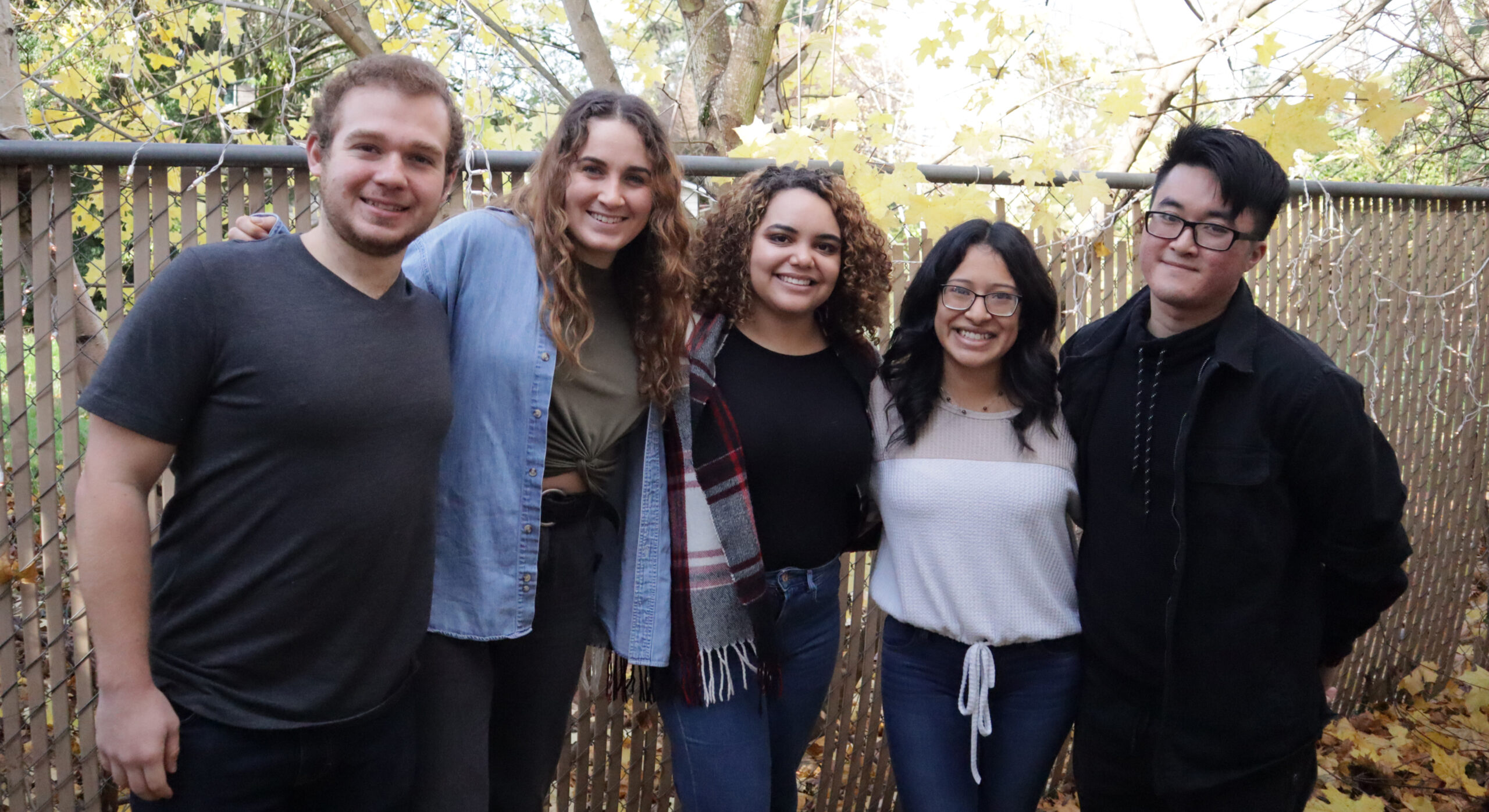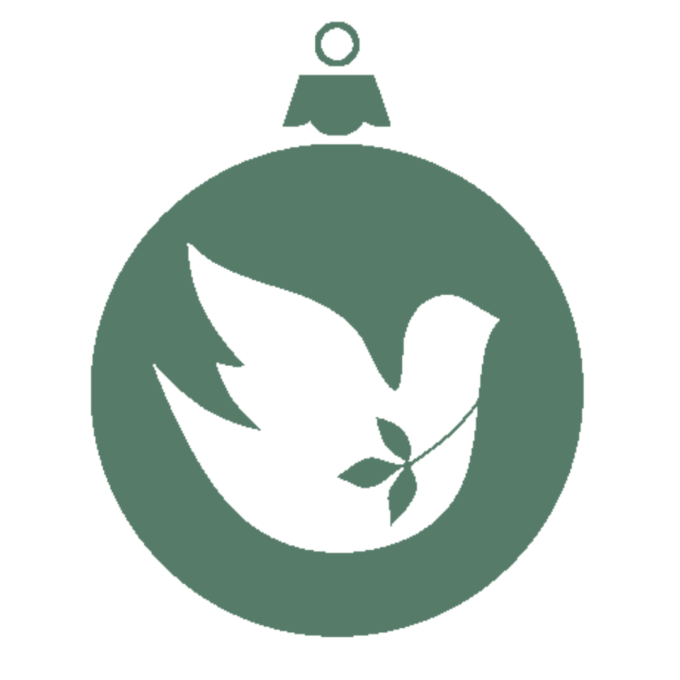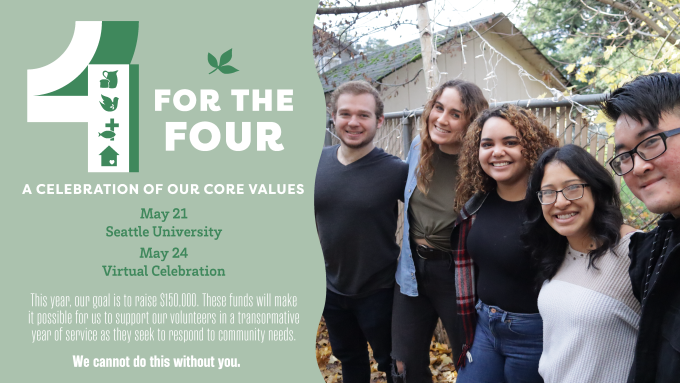Meet Gladys (she/her), Diana (she/her), Ben (he/him), Andrew (he/him), and Lexi (she/her): 2021-22 Jesuit Volunteers living and serving in Gresham/East Portland, OR. In this video, the JVs share about their service positions, reflect on what they’ve learned, and the supportive benefits of living in community.
Transcript:
Gladys: My name is Gladys Tejada and I am a Social Service Navigator for Pueblo Unido.
Diana: Hi, my name is Diana Franco Laureano and I’m currently at El Programa Hispano.
Ben: My name is Ben Pham. I serve as the Digital Inclusion Outreach Coordinator at MetroEast Community Media.
Lexi: My name is Lexi Stensby and I serve as a Patient Care Liaison at the Blackburn Center’s Recuperative Care Program.
Andrew: My name is Andrew Magel and I am a Day Space Support and Immersion Coordinator at JOIN. On Mondays, Wednesdays, and Fridays I serve in the Day Space where we give out lunches, mail, supplies, and showers to those who ask for it and also work on building relationships. And on Tuesdays and Thursdays I develop the Immersion Program, where we take students and try to help them explore the systemic sides of houselessness and listen to other peoples’ stories.
Diana: We focus on domestic violence and sexual assault, so I have learned how hard it is for victims to find resources that they need. There’s a lot of work that needs to be done within communities of color. There isn’t a lot of resources for them as there are for other communities.
Gladys: Serving at Pueblo Unido, I’ve learned a lot about the immigration system and how hard it is for immigrants to find a home here in the United States.
Andrew: Something I’ve learned about JOIN is that there’s really a human face to the issue of houselessness, and everybody has their own individual stories that are worthy of being shared.
Lexi: I think a big learning point for me has been just how much goes into equitable healthcare. It really just exceeds beyond access to care. It is the rides to appointments. it is being able to recuperate in a safe space. It is able to have access to fresh water. All those things that a lot of us take for granted is really critical.
Ben: Right now I’m applying to grad school for sociology, and one of my favorite parts about sociology is learning about, basically being able to understand communities from a broad perspective and the different systems. And one thing that isn’t talked about enough is the digital aspect of that, how our entire lives are based on media and the digital world. And yet the reality is not everyone’s connected to that, and that has a major impact.
Lexi: I’m going to be going to med school next fall, so I think a lot of my service work now is really going to carry into that, just because it is very health-focused. So learning how to prioritize the populations that I’ll be serving later in life, and learning from the providers now that have really spent their careers learning from that community and kind of taking their perspectives and their voices into how they practice.
Gladys: I have taken up journaling as my reflective practice, so it’s been very nice because I didn’t really journal before this, but being able to take some time at the end of the day and write down what I feel and what I learned throughout the day has been very helpful for me.
Living in community—I really like it. To see them come back home and ask them about their day. And at the end of the day we have dinner together or just talk about everything that’s happened. And I feel like I’ve grown as a person by learning about their experiences.
Lexi: Also sometimes the days are hard. And you come home to a bunch of people that really care about you and care about the work you’re doing. Like, even if I’m having a bad day, my community’s there to lift me up and support me in the best way that they can.



